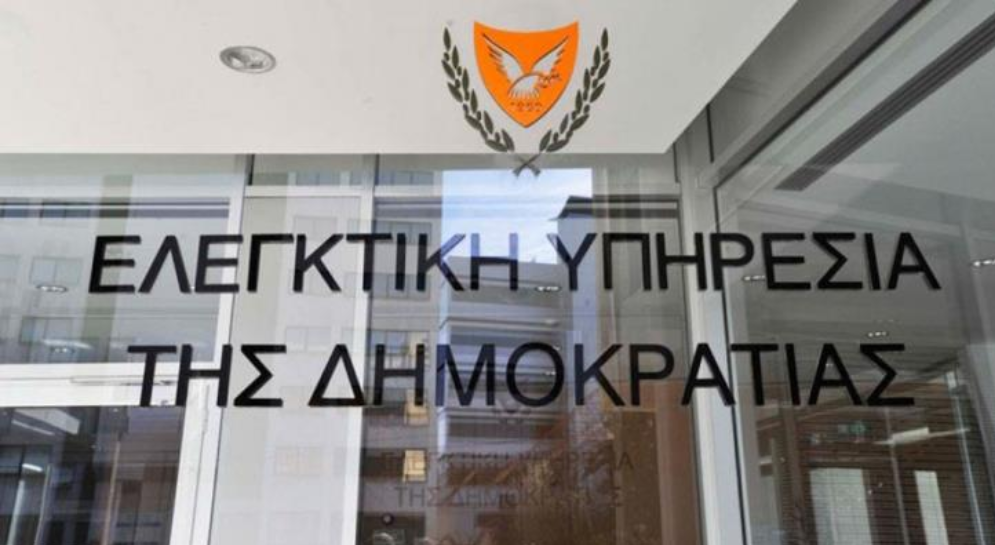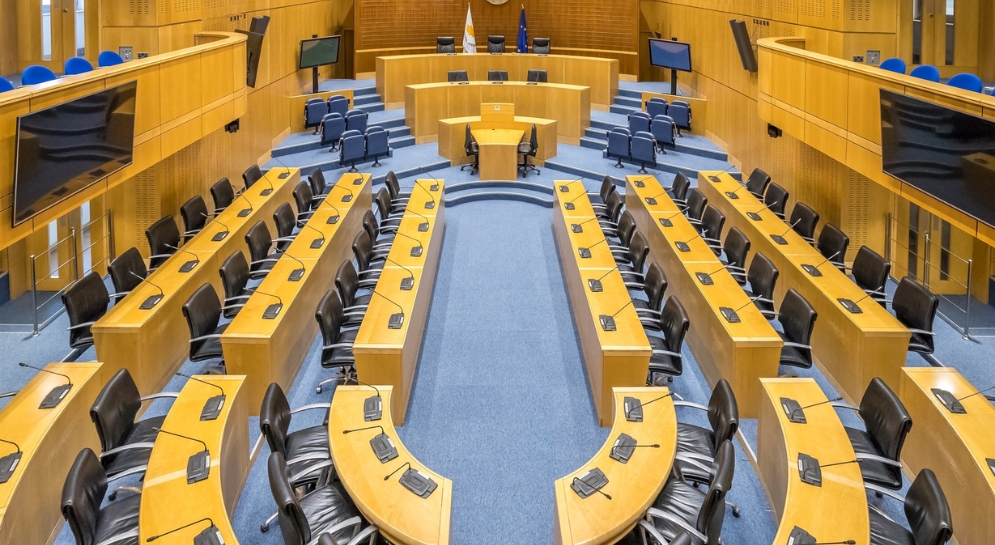
The futile lamentations for Famagusta – Article by AKEL Political Bureau member Eleni Mavrou
Sunday 22 May 2022, ‘Haravgi’ newspaper
The new move taken by the illegal regime in the occupied areas to open another part of the Varosha seafront has gone almost unnoticed.
Some will say, but are we now going to worry about 600 metres of a beach front? As if the price increases/high cost of living, unemployment and the daily agony not for tomorrow, but for today too, isn’t enough?
The size of the specific beach front in question isn’t the essence. What does matter and is important is that, by means of the piece-by-piece method, another step is being taken towards the permanent partition of Cyprus. What is important is that the solution of the Cyprus problem could unleash enormous potential and prospects for the progress, development and prosperity of our country – and yes, this also directly and affects in a substantive way the Cyprus economy.
The declassification of part of the fenced off area of Famagusta as a military zone, without this area being placed under the administration of the United Nations, is contrary to the Resolutions 550 and 789 of the UN Security Council. This is an area that has not been colonised for almost half a century because Turkey knew that it had to return it, and indeed as a matter of priority, given that this was provided for in these relevant UNSC Resolutions, as well as in the 1979 High-Level Agreement.
Therefore if tomorrow an area that has been empty for decades is colonised, if this incentive is lost too, who and how many people will continue to believe in the prospect of the solution of the Cyprus problem?
Turkey is consolidating the partitionist fait accompli while Anastasiades is reassuring us that “we shall proceed to make the appropriate representations”. That’s the empty meaningless talk we hear.
Wasn’t that something similar we were being told by the government ruling forces when Turkey was threatening to drill into the Exclusive Economic Zone of the Republic of Cyprus?
Wasn’t the Foreign Minister, N. Christodoulides, also telling us back then that “actions have been taken for some time now to counter the Turkish provocation”?
Weren’t the government ruling forces telling us that supposedly…Cyprus is shielded militarily and geo-strategically and that Turkey would not dare proceed to drill?
Didn’t we hear again (again the former Foreign Minister and current presidential candidate N. Christodoulides), when Kudret Ozersay announced for the first time the opening of the enclosed city, telling us that this was just a “move to create impressions”?
In today’s conditions, a solution to the Cyprus problem may appear more remote than ever. And yet, just a few years ago, in 2017 at Crans-Montana, we had lost, by the UN Secretary General’s own admission, a historic opportunity for a comprehensive solution of the Cyprus problem. After all, all those who participated in the Conference, despite the different narratives projected, admit that at Crans-Montana we came very close to a solution of the key aspects of the Cyprus problem.
Therefore, it is not arbitrary to say that if we had continued from where we left off at Crans-Montana, a speedy solution to the Cyprus problem was within reach. Unfortunately, Turkey’s unacceptable demand for a two-state solution on the one hand, and the regressions/backtracking of the Greek Cypriot community on the other, did not permit the negotiations to continue from the point where they had remained.
Halting and reversing the disastrous course of the Cyprus problem demands concrete and convincing initiatives. AKEL has submitted to the President of the Republic of Cyprus since December 2020 a comprehensive proposal on the steps that should be taken. It is in this direction that everyone should at long last reflect on.




